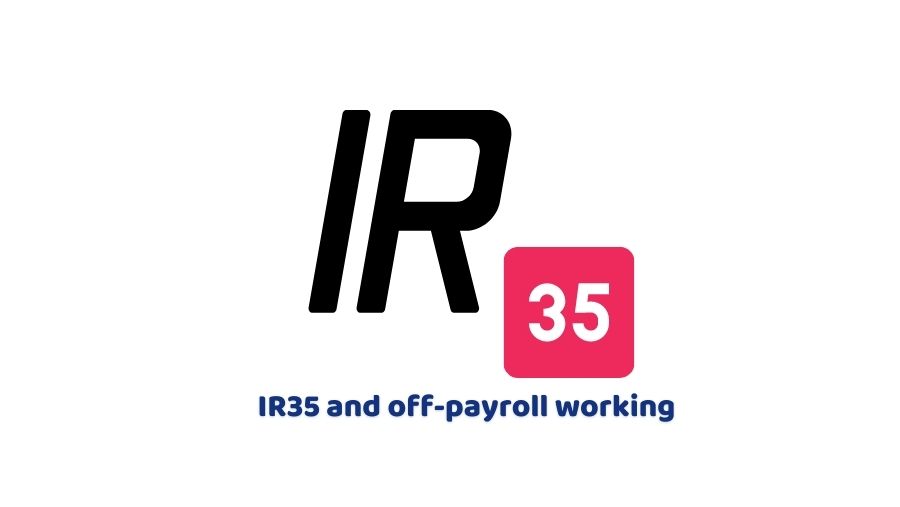What to do from 6 April 2021 if you provide services through an intermediary?
Prior to 6 April 2021, workers who provide their services to a private sector organisation through an intermediary, such as a personal service company, need to consider whether the IR35 rules apply to them. This will be the case if the nature of the engagement is such that if they provided their services directly to the client rather than through their personal service company, they would be an employee of the client.
Where an arrangement falls within the scope of the IR35 rules, the worker’s intermediary needs to determine the deemed employment payment on 5 April at the end of the tax year. The intermediary must account for tax and National Insurance (employee’s and employer’s) and pay it over to HMRC.
Since 6 April 2017, workers providing services to a public sector body through an intermediary have not needed to consider IR35. Instead, under the off-payroll working rules, responsibility for determining whether the worker would be an employee if the services were supplied directly falls on the public sector body. If the worker would be classed as an employee were this the case, tax and National Insurance must be deducted from payments to the worker’s intermediary, and paid over to HMRC, together with the associated employer’s National Insurance.
From 6 April 2021, the off-payroll working rules, as they apply where the end client is a public sector body, are being extended. From that date, they will also apply where the end client is a medium or large private sector organisation. The changes will affect workers providing their services through an intermediary.
When agreeing an engagement from 6 April 2021 onwards, the worker should check the size of the end client so that they know which set of rules are in point.
End client is a medium or large private sector organisation
Where the end client is a medium or large private sector client, from 6 April 2021, the worker no longer needs to consider the IR35 rules. Instead, under the extended off-payroll working rules, the end client must determine whether the worker would be an employee if they provided their services directly to the end client, rather than via an intermediary.
The end client must provide the worker with a copy of the determination (the status determination statement). The worker should check this. If they don’t agree with it, they should tell the end client. The client must then reassess the status determination and let the worker know within 45 days whether the original determination stands, or issue a new one.
If the nature of the engagement is such that the worker would be an employee if the services were provided directly, the fee payer will adjust the invoice from the worker’s intermediary to exclude VAT and the cost of any recharged materials to arrive at the deemed employment payment, and deduct tax and National Insurance from the payment to the worker’s intermediary. This will have a cash flow implication – the worker’s intermediary will no longer receive payments gross.
The worker will receive credit for the tax and National Insurance paid against that due on payments made by the worker’s intermediary to the worker.
End client is a small private sector organisation
The extended off-payroll working rules do not apply to small private sector organisations.
Consequently, the position is the same on or after 6 April 2021 as it is now. The worker’s intermediary must continue to consider whether the IR35 rules apply, and operate them if they do.
End client is a public sector organisation
There is also no change from 6 April 2021 where the end client is a public sector body. As now, the public sector body must assess whether the off-payroll working rules apply and issue a status determination to the worker. If the engagement falls within the rules, they must deduct tax and National Insurance from payments to the worker’s intermediary.

